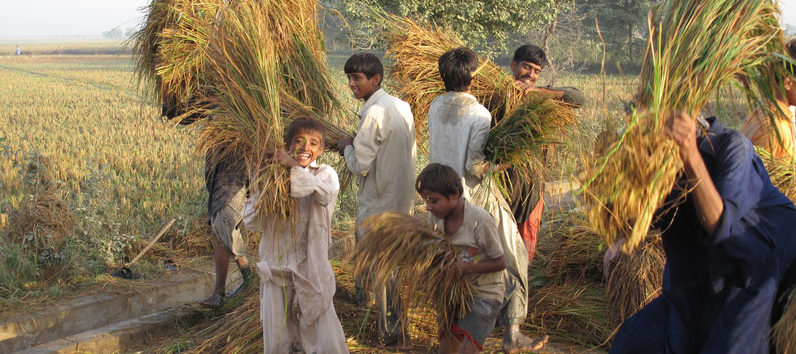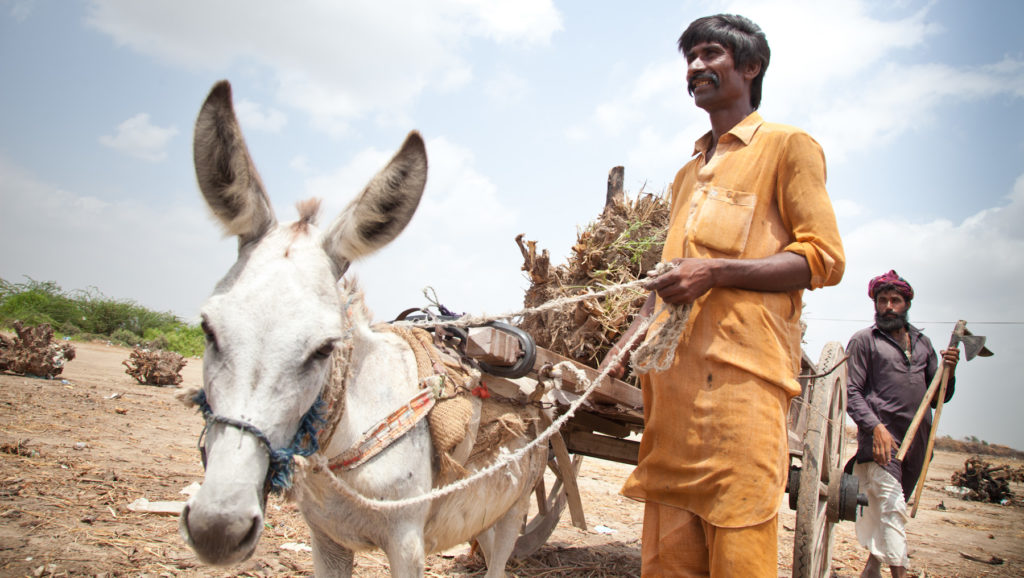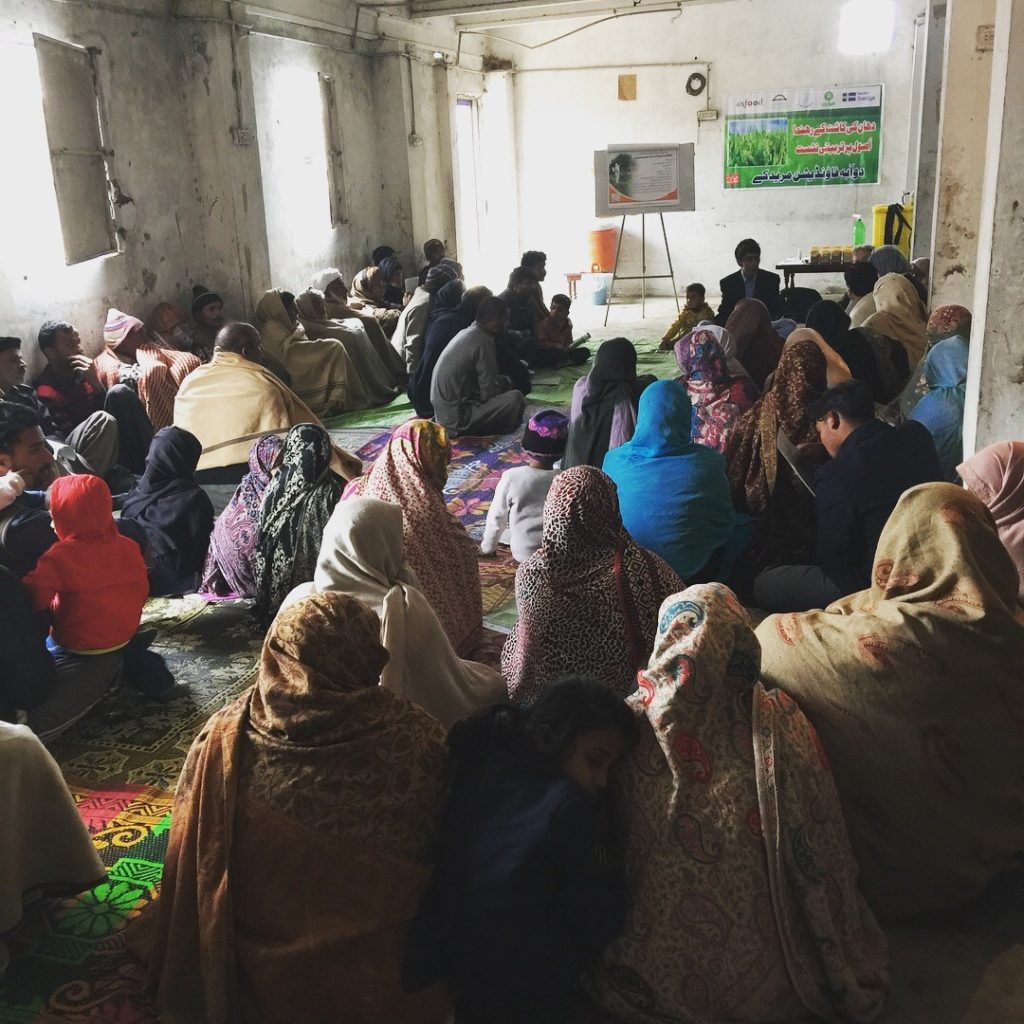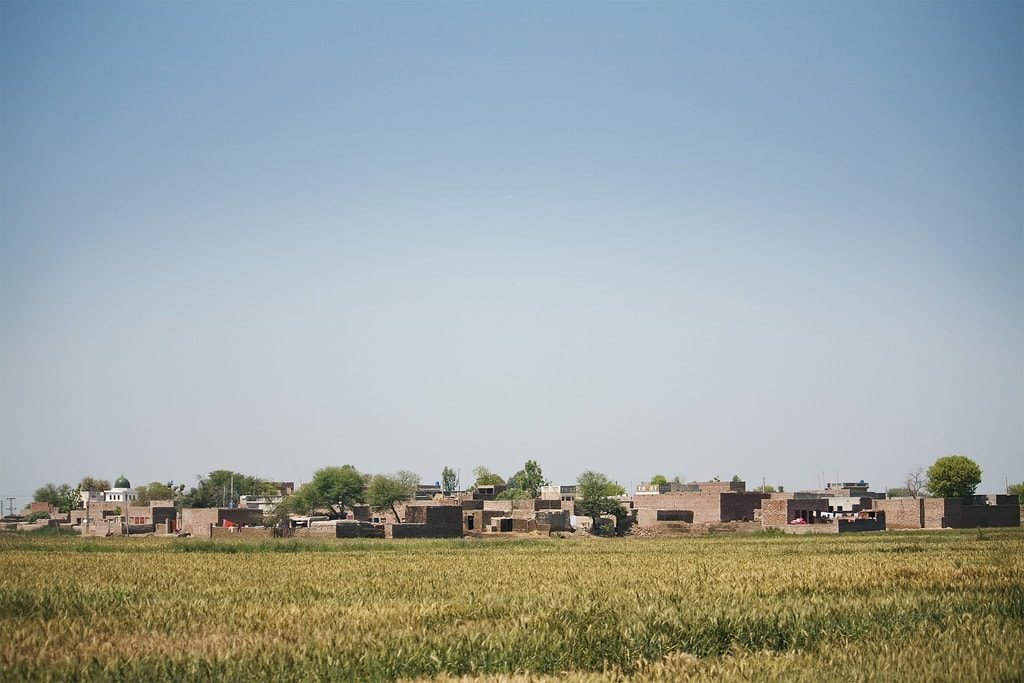Have you ever been to an Indian or a Pakistani restaurant? If so, odds are you ate at least a mouthful of basmati rice. Where does this slender rice come from? Who grows it and how? This blog offers some clues and brings you closer to the production of the world’s most aromatic rice variety.
Basmati rice is only cultivated in Punjab, a region shared between India and Pakistan. Pakistan is one of the largest rice producers in the world; 95% of total rice production in the country is grown in the Punjab region. Much of the variety is concentrated here as well. For instance, the Sheikhpura district of Punjab province in Pakistan cultivates three varieties of basmati rice. On average, smallholder farmers grow rice on 5-7 acres of land using traditional water intensive cultivation methods and seasonal shifts between rice and wheat.
Rice workers are among the most vulnerable and marginalised people in the rice industry. In Sheikhpura, women head close to half of all households and contribute to a lot of physically demanding tasks, especially during the rice planting seasons. Even so, women’s work has traditionally been classified as ”assistance” rather than labour, making the role of women in the community an important topic of concern. Meanwhile, the low income associated with rice cultivation makes a significant amount of men migrate to urban centres to find better-paid work. This creates shortage of labour during the growing season. Clearly, there is an acute need for change.



